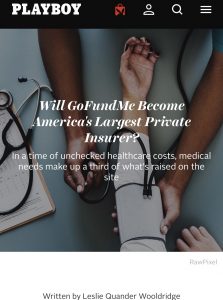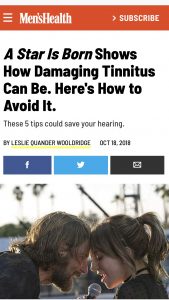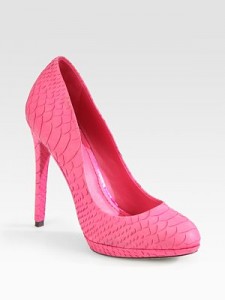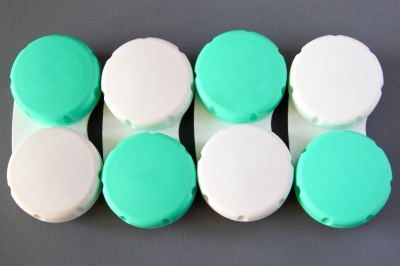Stories of healthcare issues abound, and I’m seeing headlines that continue to pop up. People are suffering, and their insurance—if they even have it—doesn’t always provide all needed financial support. Enter online crowdfunding campaigns, where people ask everyone from friends to strangers to help them pay for expenses, including those for health care.
I recently reported on this topic for Playboy, and medical crowdfunding campaigns continue to mount even into the early days of 2019. These campaigns are helping people who are fighting for their lives or dealing with health complications and bills. GoFundMe, for instance, is one of several crowdfunding platforms that helps people raise funds for personal causes. And with a giving community of more than 50 million people worldwide, it’s reportedly the largest social fundraising platform.
But what’s the future of these fundraising platforms? And who’s really vulnerable to having unexpected medical expenses?
Please click through to see what health care experts and GoFundMe users told me about this situation and its potential effects.





 Most of us think we know how to clean our contacts, but a new study finds less than 1 percent of people (less than 1 percent!) actually care for them properly,
Most of us think we know how to clean our contacts, but a new study finds less than 1 percent of people (less than 1 percent!) actually care for them properly,  Interesting news out of the Netherlands: A
Interesting news out of the Netherlands: A 
